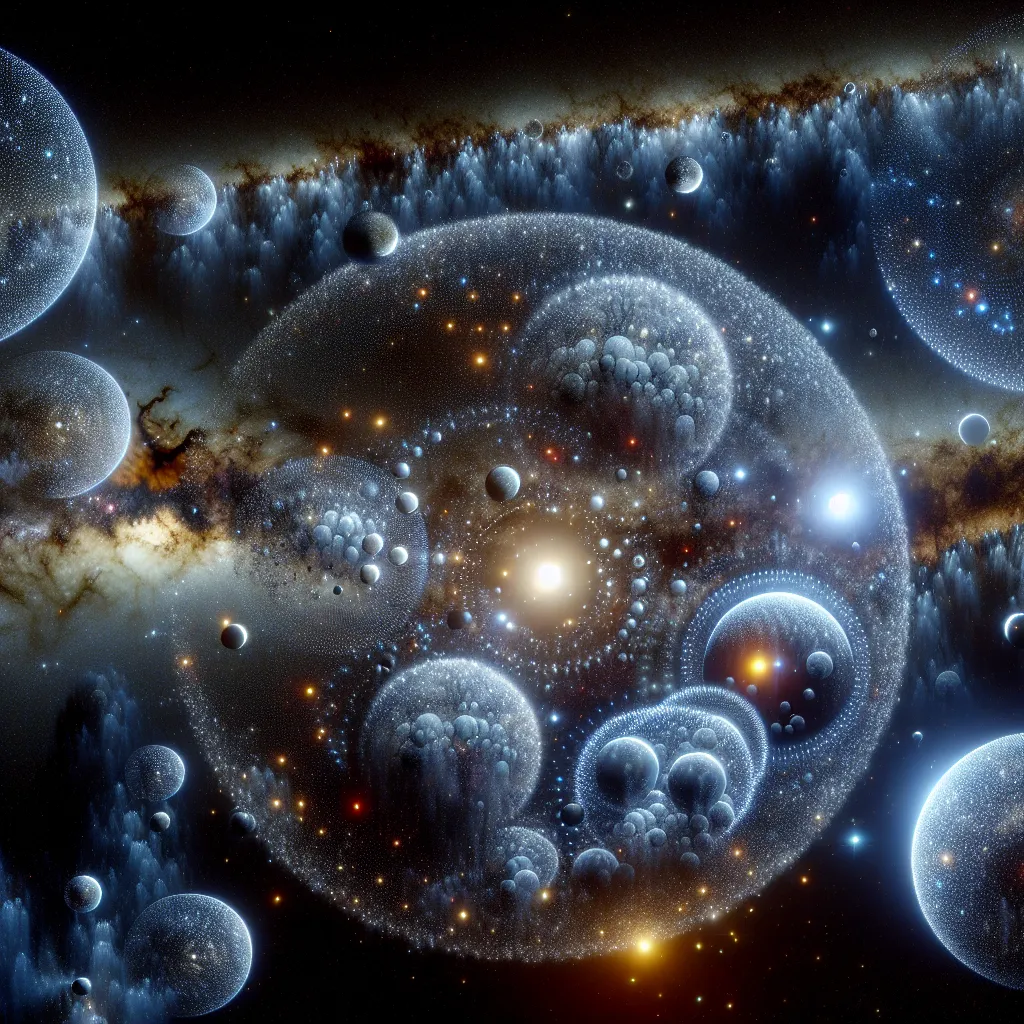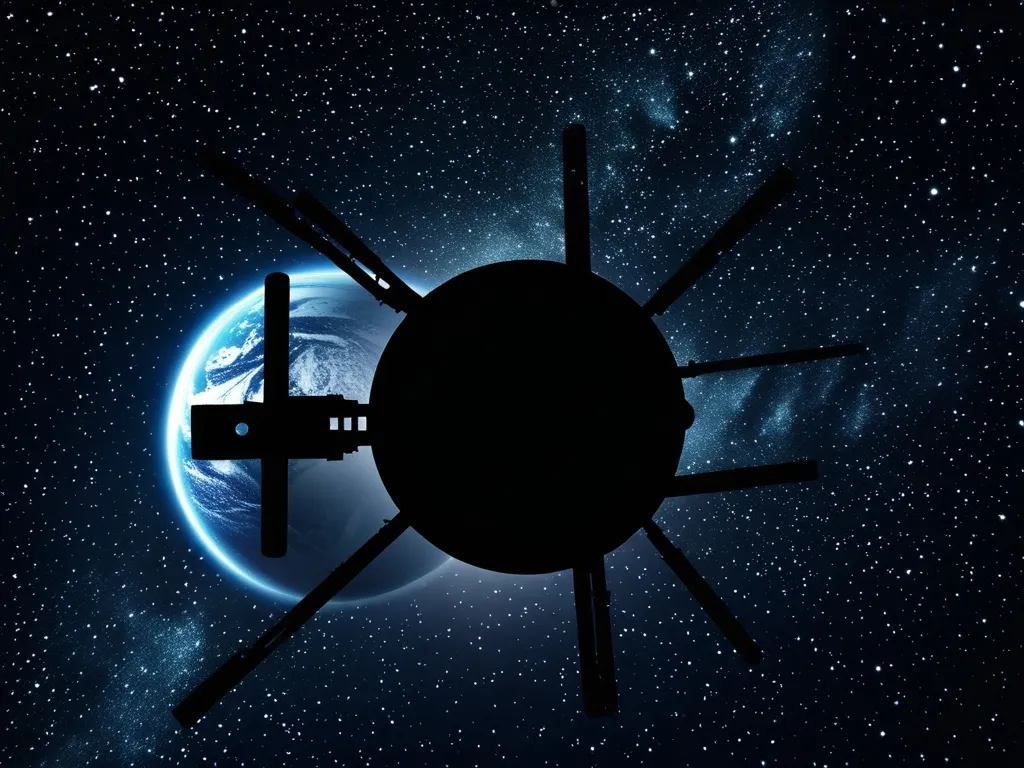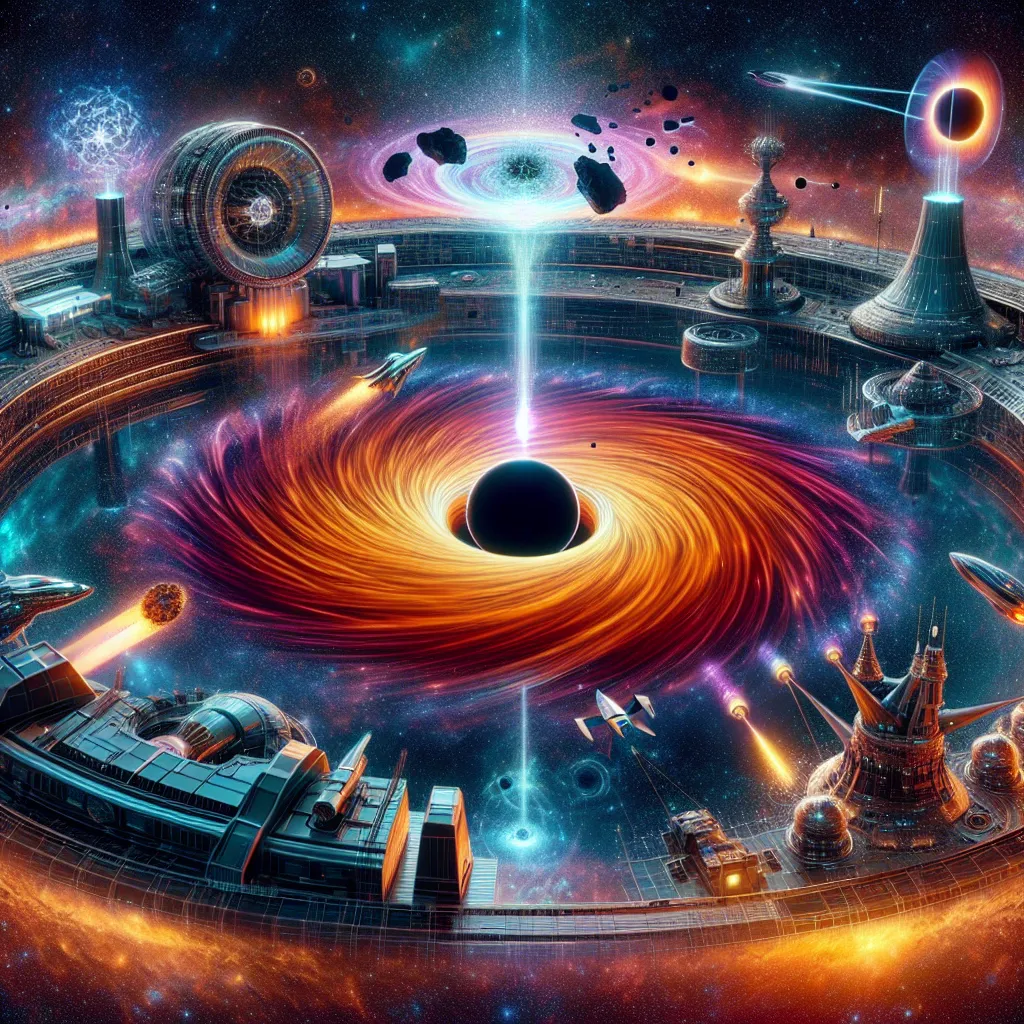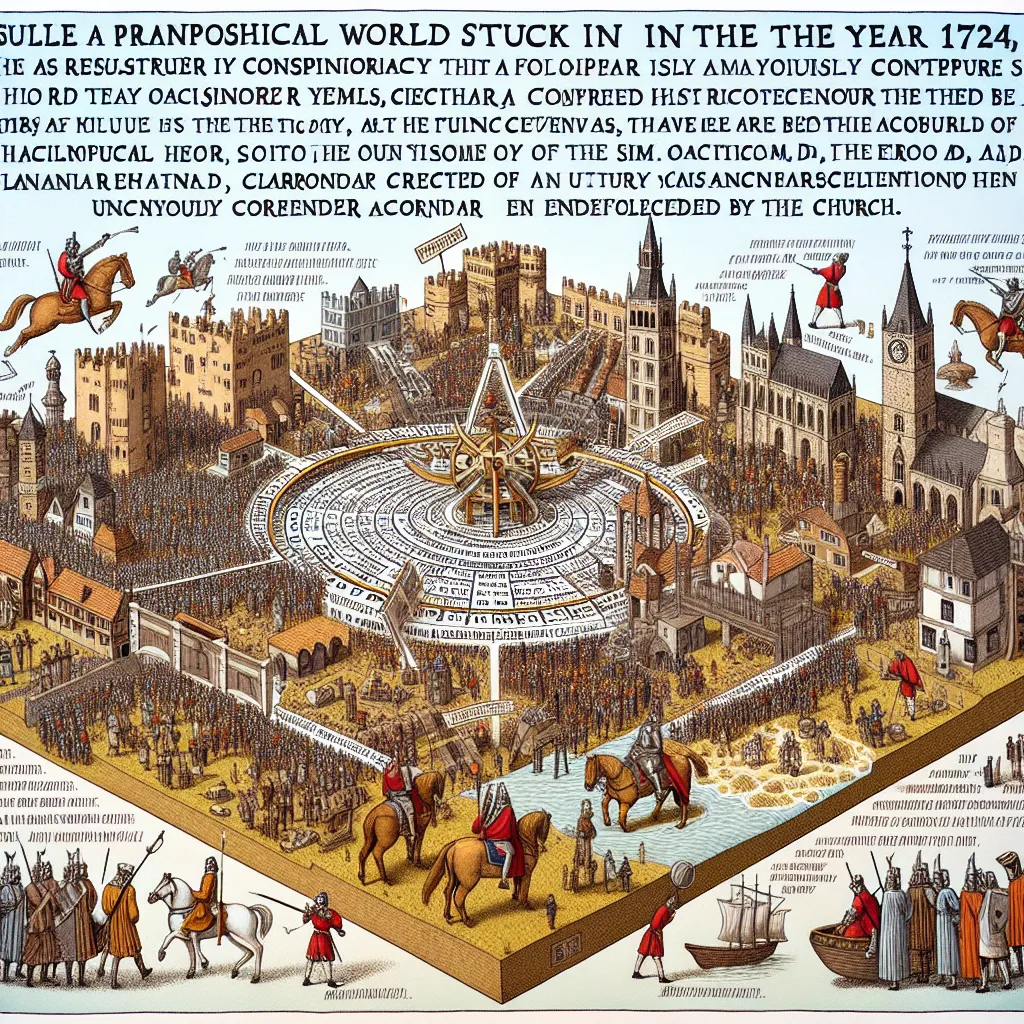Are we the only living things in the entire universe? This question tugs at our imaginations, especially when you realize the observable universe is about 90 billion light-years across. Within that vast expanse, there are at least 100 billion galaxies, each filled with 100 to 1,000 billion stars. And guess what? Planets are quite common too. We estimate there are trillions of habitable planets, which seems perfect for life to develop and exist. So, where is everybody? Shouldn’t the universe be bustling with spaceships and alien life?
Let’s dial it back a bit. Even if there are alien civilizations, they are probably so far away that we’ll never know about them. Everything outside our local group of galaxies is pretty much unreachable due to the universe’s expansion. Even with super-fast spaceships, it would take billions of years to get there. So, let’s turn our focus to our home galaxy, the Milky Way.
The Milky Way has up to 400 billion stars — that’s a lot of stars. To put it into perspective, if you counted one star per second, it would take you multiple lifetimes to count them all. About 20 billion of these stars are sun-like, and roughly a fifth of them have an Earth-sized planet in the habitable zone, where conditions might allow life to exist. Even if only 0.1% of these planets have life, there would be around one million life-hosting planets in the Milky Way alone.
What’s fascinating is that the Milky Way is about 13 billion years old. Initially, it wasn’t a hospitable place because of rampant explosions. But after a couple of billion years, the first habitable planets formed. Earth is relatively young at 4 billion years old, meaning other planets had plenty of time to evolve life. If even one of them had developed a space-traveling civilization, we would likely have noticed.
What would an advanced civilization look like? We categorize them into three types. A Type 1 civilization utilizes all the energy on its planet. We’re currently at about 0.73 on this scale, aiming to reach Type 1 in the next few hundred years. A Type 2 civilization harnesses all the energy of its home star, bringing concepts like the Dyson Sphere into the realm of possibility. A Type 3 civilization controls its entire galaxy’s energy, appearing god-like to us.
So, if it’s possible to colonize a galaxy in a couple of million years and there are millions or even billions of potentially habitable planets, why haven’t we spotted aliens? This is the Fermi Paradox, and it’s a head-scratcher. One possible explanation is what we call “Great Filters” – barriers that life has to overcome.
There are two main ideas about these filters. One is that they are behind us, meaning it’s incredibly tough for complex life to develop. Maybe the conditions for life are much rarer than we think, and we could be among the first civilizations. The second idea is more ominous: the Great Filters are ahead of us. Advanced civilizations might reach a point where they destroy themselves. Imagine creating revolutionary technology that accidentally dooms your species. Or a Type 3 civilization might monitor and eliminate any emerging threats.
Then again, maybe we are just alone. Currently, we have no evidence of life beyond Earth. No messages, no signals – nothing. If we are indeed alone, it underscores the importance of preserving and spreading life because once it’s gone, it might be gone forever. Our ultimate quest could be to become a hyper-advanced civilization, keeping life alive until the universe itself ceases to exist. The universe is too majestic to go unexperienced.
Let’s keep pondering these cosmic mysteries while cherishing the delicate flame of life on our planet. The universe may be silent, but our curiosity could light up the cosmos.






